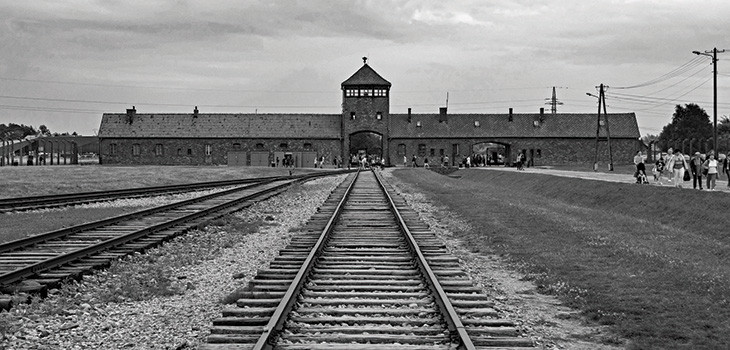
As lawyers, we pride ourselves that we are independent, act with integrity and uphold the rule of law. However, history suggests that when the law itself is captured by immoral or illiberal forces, lawyers and judges may become more or less reluctant servants of the new order.
Dictatorship is not necessarily the product of violence or revolution; sometimes it grows out of democratic constitutions in states which espouse the rule of law and have embedded within them independent lawyers and judges. Although the decline into autocracy may be incremental, that does not mean it is inevitably slow. A handful of years can be enough for even the most civilised of societies to be subverted.
Law is a system of governance by which politics is played out. A legalist philosopher might have said that law and morality should be completely separate because









